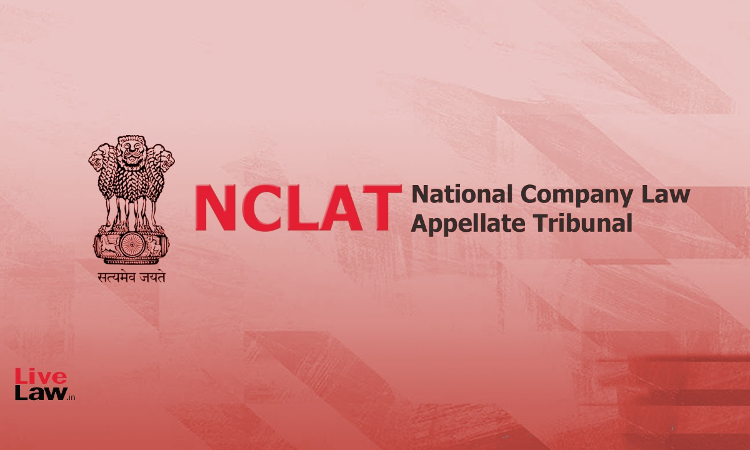The NCLAT New Delhi bench of Justice Rakesh Kumar Jain (Judicial Member), Mr. Naresh Salecha (Technical Member) and Mr. Indevar Pandey (Technical Member) affirmed that properties occupied by the corporate debtor cannot be recovered by owner/lessor during the moratorium period under section 14 of the IBC. In this case, the NCLT had handed over the possession of the property of the CD to...

